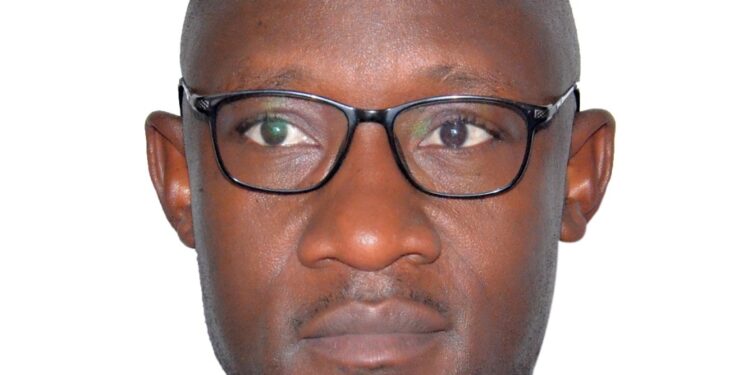In this article, I will start with Victor Wang’s observations on climate change in Karamoja. Wang notes that during the hot season, as one walks from village to village in Karamoja, he or she can witness much suffering in the eyes of the villagers. Their lips are parched and dry, and the children’s bellies are bloated from malnutrition (Victor Wang, 2013). Additionally, as far back as 1982, respected scholar, Professor Mahmood Mamdani, expressed concern about Karamoja.
Mamdani (1982) argued that climate change was cutting the people of Karamoja off from their past livelihoods and their future in agriculture. Mamdani concluded that the Karimojongs were left to endure endless suffering due to deteriorating environmental conditions. If Iam to do away with the clinical language designed to make a brutal reality palatable, l agree with Mamdani and Wang that climate change is a real issue.
However, for the fate and future of Karamoja, stakeholders in Karamoja need to unite, strategise, and take action on climate change. Research indicates that both men and women in Karamoja are willing to engage in agriculture and other productive activities, but the challenge of drought caused by climate change, has hindered their efforts (Mukisa et al., 2023). Despite efforts, the Green Revolution has not significantly benefited the Karimojongs, leaving them trapped in a cycle of recurring droughts.
Various interventions has been implemented by the Government of Uganda and development partners, in the region. However, many of these initiatives have failed to effectively address the issue of climate change, potentially explaining the lack of significant progress in Karamoja.
My advice to the government officials, development partners, and stakeholders, both in Kampala and Karamoja, is that the issues in Karamoja are peculiar. This means that great deal of critical thinking is required to address these challenges. Why do I say this? Barber (1962) shared a story of a colonial officer with extensive experience who was posted in Karamoja. Despite his background, the colonial officer found that his previous experiences were not applicable in Karamoja due to impact of climate change. This highlights how climate change is a tricky issue even for seasoned individuals. Therefore, I urge the government, development partners, and stakeholders in Karamoja to critically consider climate change for the fate and future of Karamoja.
Ayub Mukisa (PhD)
Executive Director-Karamoja Anti Corruption Coalition
Email: ayubmukisa@gmail.com
Do you have a story in your community or an opinion to share with us: Email us at editorial@watchdoguganda.com














